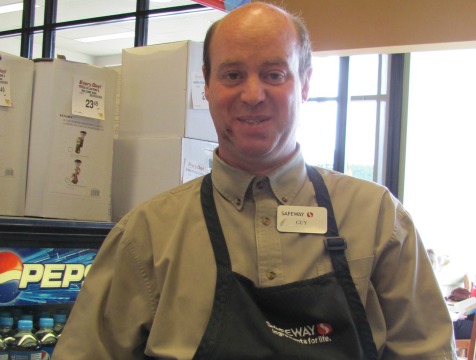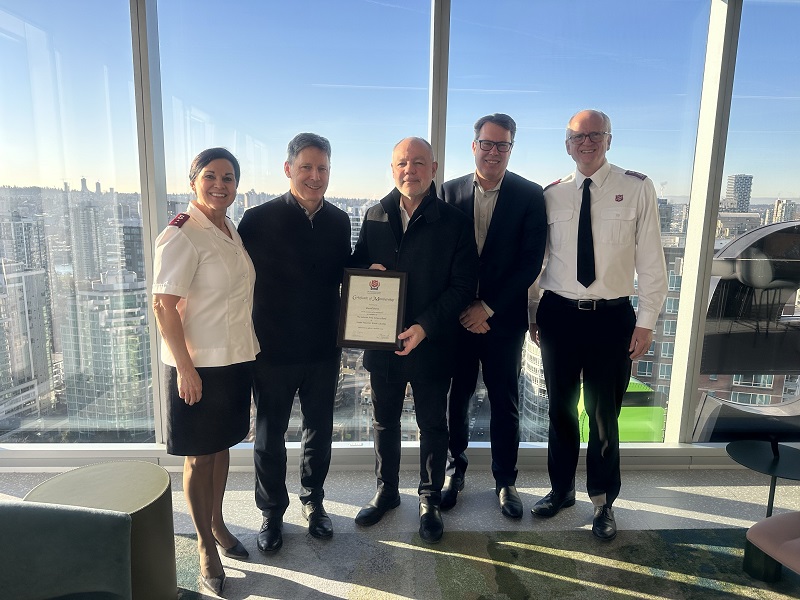The Smiles of Success

For most of his life, 42-year-old Guy couldn’t look into people’s eyes, was socially withdrawn and resisted being held, hugged or touched. Today, he is employed, shakes hands with coworkers and can hold a conversation.
Guy has Autism, a complex disorder of brain development. His behaviour can be perplexing and difficult, which has had a tremendous negative impact on his journey towards productive, independent adulthood.
Today, with help, resources and support from The Salvation Army’s START (Support Today Achieves Results Tomorrow) Program in Fort McMurray, A.B., Guy is able to be a part of his community and live as independently as he can.
“With the right treatment program and a lot of love and support, individuals with developmental disabilities can learn, grow and thrive,” says Program Director, Alyson McAlister. “Every day I witness individuals with neurological and physical disorders overcome, compensate for and otherwise manage challenges formerly considered impossible.”
START placed its roots in Fort McMurray in 1982 when the Department of Family & Social Services and The Salvation Army recognized the need to develop services for individuals in the community who have developmental disabilities. Over the years, assistance has expanded to include programs and supports such as group-home living, respite, community access and employment programs.
“Many of the people we serve have no family support,” continues McAlister. “When individuals with developmental disabilities hit adulthood, a lot of families tend to be less involved in their lives.”
Dallas battles with fetal alcohol syndrome, a condition in a child that is a result of alcohol exposure during a mother’s pregnancy. Fetal Alcohol Syndrome causes brain damage and growth problems.
“Stealing, lying and defiance are a huge area of concern for people with fetal alcohol syndrome,” says McAlister. “They truly don’t understand why criminal activity is a bad thing and place themselves in dangerous situations. Through repetitive teaching they learn how to curb impulsive behaviour.”
In an atmosphere of understanding, recognition and support, people with developmental disabilities are reaching their maximum potential.
“At START dreams become reality,” says McAlister. “There is nothing that lights up a face more than achieving something for the first time and enjoying that moment of success.”



